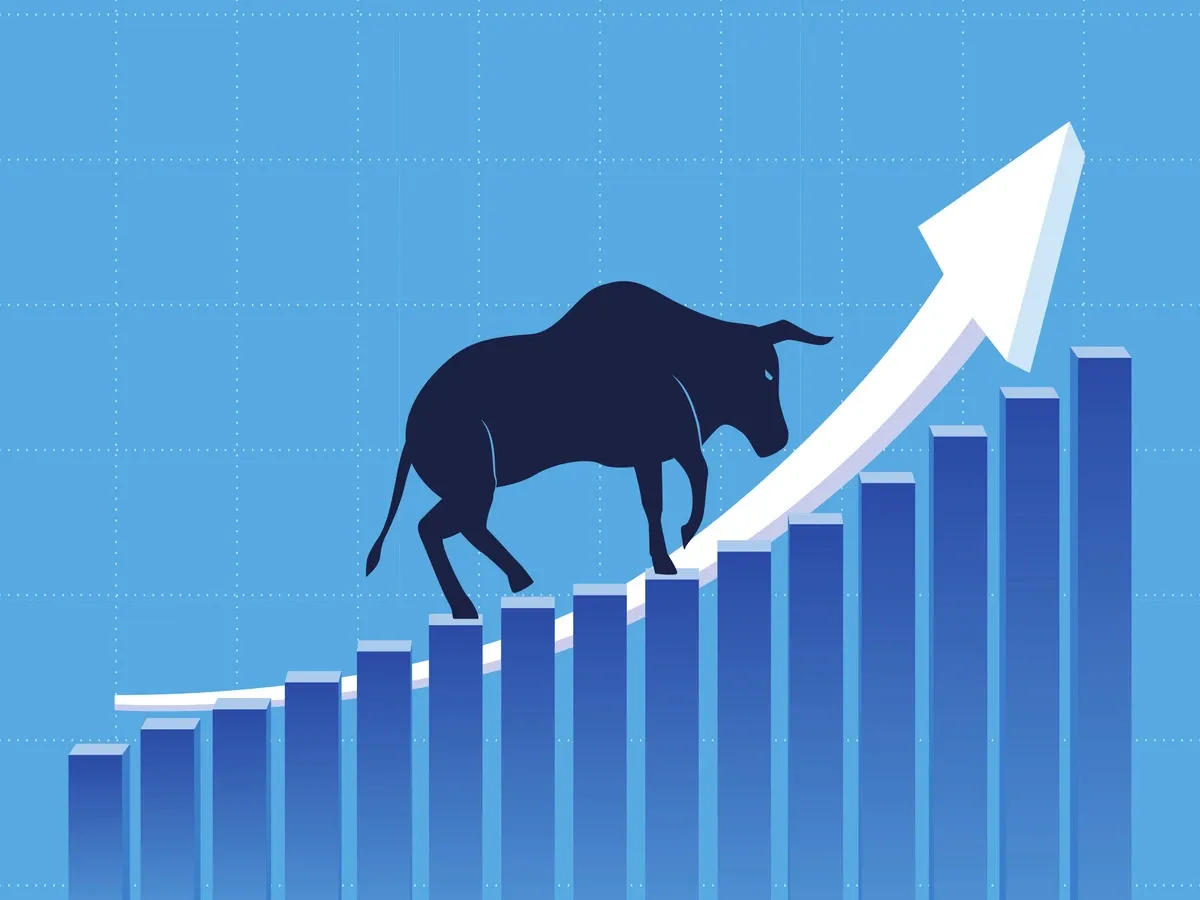Market News
Wonderful Wednesday? SENSEX, NIFTY jump over 1% in early trade; check out the reasons
.png)
4 min read | Updated on August 07, 2024, 10:31 IST
SUMMARY
The 30-share index of the BSE, SENSEX, zoomed as much as 1,046.13 points, or 1.33%, in the opening deals to touch a high of 79,639.20.
Stock list

All sectoral indices were trading in the green.
After a global rout on Monday, August 5, that roiled equities all over the world, including India, and a volatile trade the following day, Dalal Street woke up to an enthusiastic session on Wednesday. The benchmark indices jumped more than 1% in the early trade, with all the sectoral indices trading in the green.
The yen weakened by more than 2% against the dollar, and stocks rebounded immediately after his comments, which were the first public remarks by a BOJ board member since the bank raised rates on July 31, the report added.
It must be noted here that the biggest culprit in the market meltdown was the hawkish action by the BoJ and US recession fears after weak jobs data.
Last week, the central bank of Japan hiked interest rates, thus triggering an end to the yen carry trade and leading to panic selling.
“In sum, no recession today, but one is increasingly inevitable by year-end if the Fed fails to act,” Steven Blitz, chief US economist at TS Lombard, said in a note to clients. “But they will, beginning with a [half percentage point] cut in September telegraphed in late August.”
Blitz’s comments represent the widespread sentiment on Wall Street—the little feeling that a recession is an inevitability unless, of course, the Fed fails to act. Then the probability ramps up, according to a CNBC report.
The decision to name Prof. Yunus as chief adviser came after a meeting between President Mohammed Shahabuddin, military leaders, and student leaders, BBC reported.
As per the amendments to the Finance Bill, 2024, circulated to the Lok Sabha members, individuals or HUF who bought houses before July 23, 2024, can compute their taxes under the new scheme at 12.5% without indexation and the old scheme at 20% with indexation and pay such tax, which is the lower of the two.
This is seen as a major relief to property buyers and is sentimentally positive for the overall markets.
This is primarily because India’s ongoing stock market rally has been driven by domestic money, unlike the case in Japan. Chris Wood's note said he was thankful that around 26% of his GREED & fear global long-only portfolio is invested in India, news reports said.
About The Author
Next Story

